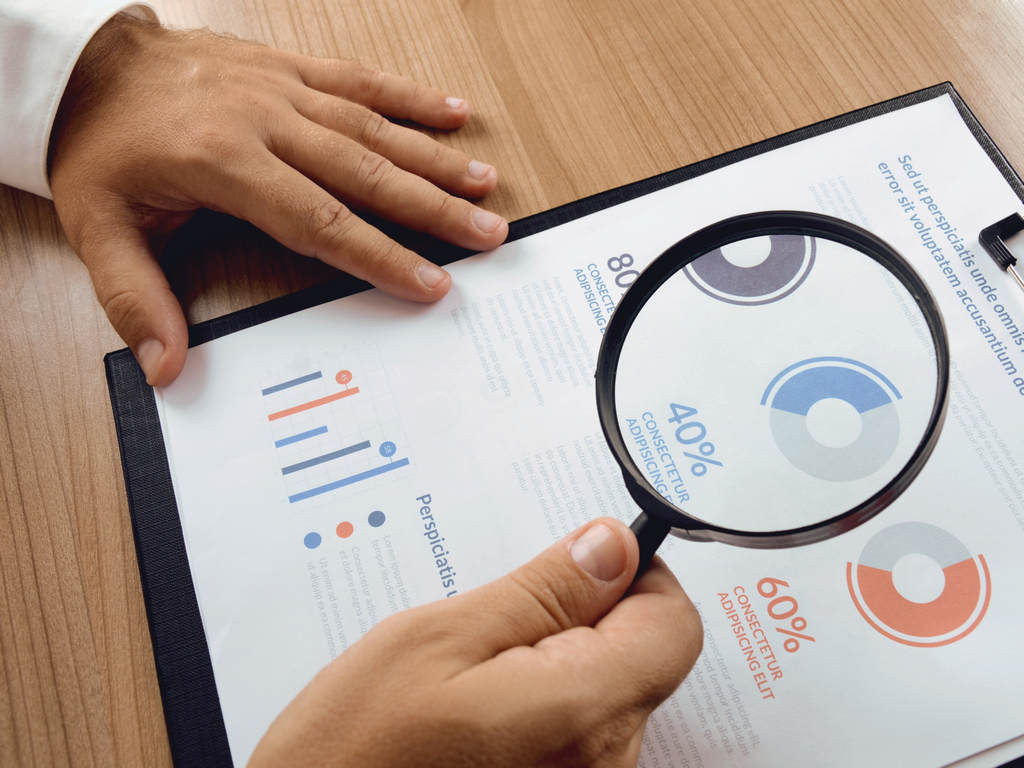Implementation of e-Invoices Mandatory for Private Sector in Serbia Too from January 1
Source: Beta
 Tuesday, 03.01.2023.
Tuesday, 03.01.2023.
 10:51
10:51
 Tuesday, 03.01.2023.
Tuesday, 03.01.2023.
 10:51
10:51
Illustration (Photo: PureSolution/shutterstock.com)

At the moment, the e-invoice system is used by all the users of public resources, over 10,000 of them, as well as the majority of business entities.
The Ministry of Finance expects the implementation of e-invoices to increase the competitiveness and attractiveness of the Serbian economy, thanks to improved business operations, greater transparency and VAT returns in a much shorter time period.
Matching the sales and purchases invoices and sales invoices in the e-invoice system will enable VAT returns within 24 or 48 hours, automatically, without additional controls, instead of 35 to 40 days, as was the case until now, the ministry said.
The e-invoice system is free, transparent and enables the employer to know what they have bought and sold in transactions with other legal persons, and e-invoices are simpler and cheaper to keep.
The users of public funds entered the system first. On May 1, 2022, they started issuing and receiving e-invoices.
Business entities which operate with the public sector are also obliged to issue invoices through the e-invoice system from May 1 and to also receive them from July 1.
According to the data of the Ministry of Finance, the electronic invoicing system currently features over 10,600 users of public funds and over 176,000 business entities, and around 5.5 million e-invoices have passed through the system.
The amendments to the Law on Electronic Invoicing, which specify certain stipulations of the law, such as the one which pertains to the obligation of issuing e-invoices, as well as the expansion of the circle of exemptions from this obligation, came into effect on the first day of 2023.
Thereby, additionally, the exemption from the obligation of issuing electronic invoices is expended to the sale of goods and services which is done without a fee, transaction based on which a compensation is paid which is a public revenue in line with the law which regulates the budget system, as well as requests for the payment of costs and awards in court and other procedures, which are paid from the funds of the court, or another organ, at which the procedure is carried out, based on the decision of the court, that is, another organ.
The law does not apply to natural persons that are not obliged to pay the tax on the income from own activity.
The Law on Electronic Invoicing will not apply to agriculturists that realize income from agricultural activities (or just agriculture) if they don’t keep records.
It is specified that a person which is obliged to pay the tax on the income from own activity, that is, a person which pays the corporate income tax, and which is not a subject of either the public or the private sector, becomes a voluntary user of the e-invoice system before the submission of the payment request to a public sector subject.
If this person does not operate with public sector subjects, it has no obligation to apply the Law on Electronic Invoicing.
As for the stipulations which pertain to the special obligation of keeping records of the VAT calculation alongside the carried out legal-technical harmonization with the regulations which pertain to the calculation and payment of the VAT, to the end of simplifying the implementation of the obligations, the principle is proscribed by which aggregated electronic keeping of records pertaining to the VAT calculations is done, whereas the exceptions, that is, individual keeping of VAT calculation record, pertain to several categories.
Among them are the sale of goods and services, including the made advanced payments, for which the recipient of the goods and services pays taxes in line with the law which regulates the VAT, that is, when the electronic invoice for which the recipient of the invoice, as a taxpayer, records the VAT individually, is received through the system.
Also, the sale of goods and services which is done with a compensation to an own activity income taxpayer, in the sense of the law which regulates the personal income tax, and a corporate income taxpayer, in the sense of the law which regulates the corporate income tax, including the received advance payment, for which the supplier of the goods, that is, the provider of the services, is a taxpayer in line with the law which regulates the VAT.
Companies:
 Ministarstvo finansija Republike Srbije
Ministarstvo finansija Republike Srbije
Tags:
Ministry of Finance
Law on Electronic Invoicing
implementation of e invoices
obligation of implementation of electronic invoices
increase of the transparency of the economy
VAT returns
electronic invoicing
issuing e invoices
Comments
Your comment
Naš izbor
Most Important News
Full information is available only to commercial users-subscribers and it is necessary to log in.
Follow the news, tenders, grants, legal regulations and reports on our portal.
Registracija na eKapiji vam omogućava pristup potpunim informacijama i dnevnom biltenu
Naš dnevni ekonomski bilten će stizati na vašu mejl adresu krajem svakog radnog dana. Bilteni su personalizovani prema interesovanjima svakog korisnika zasebno,
uz konsultacije sa našim ekspertima.


 Izdanje Srbija
Izdanje Srbija Serbische Ausgabe
Serbische Ausgabe Izdanje BiH
Izdanje BiH Izdanje Crna Gora
Izdanje Crna Gora


 News
News






